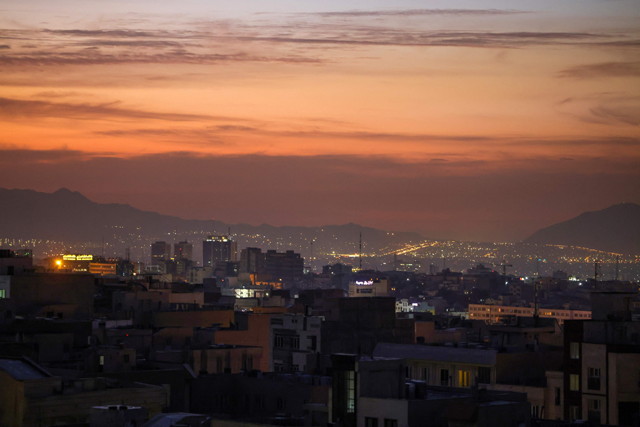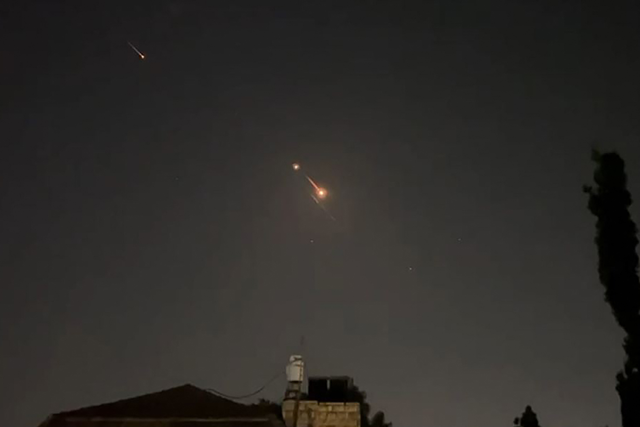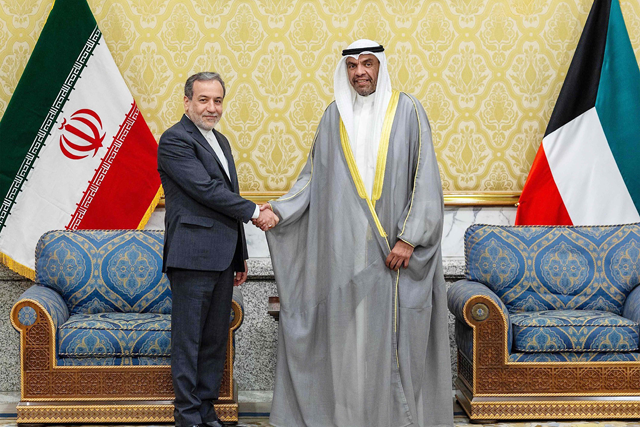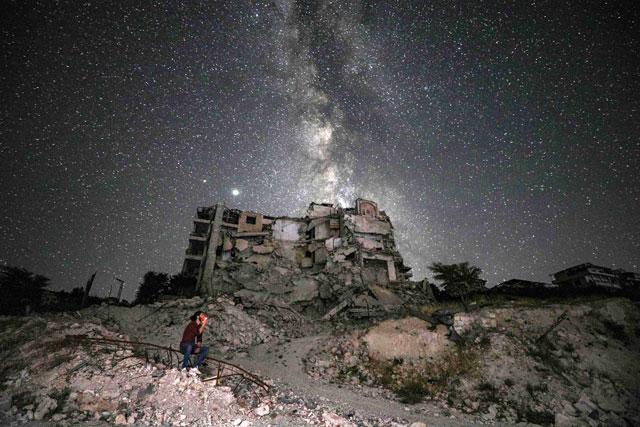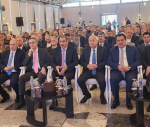TEHRAN — Tehran carried on largely as normal on Saturday after a night of explosions from Israeli strikes reverberating across the city, accompanied by criss-crossing trails from air defences.
By mid-morning the bustling capital had resumed its usual rhythm as buses wove their way through the streets, taking troubled Iranians to work.
Iranian officials and media have played down the attack, but on the streets of Tehran many were concerned that it had marked a new escalation and a step towards all-out war.
Hooman, a 42-year-old factory employee, was on a night shift when he heard the blasts.
"It was an echoing sound... terrible and horrifying," he told AFP. "Now that there is war in the Middle East, we are afraid that we will be dragged into it."
Saturday's Israeli attack came in response to Iran's missile strike on October 1, itself a retaliation for the killing of Iran-backed militant leaders and a Revolutionary Guards commander.
The latest tit-for-tat moves take place against a backdrop of the ongoing war between Israel and the Palestinian group Hamas, and which has expanded to include Lebanon's Hezbollah in recent weeks.
On Saturday, the Israeli military said it had conducted "precise strikes on military targets in Iran", in response to what it said were "months of continuous attacks from the regime in Iran".
It warned Tehran against responding.
Iran confirmed Israel targeted military sites in Tehran province as well as other areas, saying the blasts heard were the "activation of the air defence system" intercepting the Israeli attack.
At least two Iranian soldiers died in the strikes.
'War is frightening'
Some in Tehran voiced fears over an escalation of the conflict.
"If they attack, it will be us who will be crushed," said Moharam, a 51-year-old day labourer.
Others, however, said they were entirely unaware an attack had even happened.
Iranian media has downplayed the attack, which also targeted areas in the border provinces of Khuzestan and Ilam, and reported it caused "limited damage" thanks to Iran's air defence forces.
State media carried footage showing traffic flowing normally in several cities as people went about their daily business.
Other TV footage showed Iranians singing, dancing and mocking Israel from a Tehran rooftop during the strikes.
Iranian officials emphasised that all school activities and sport events were to be held as scheduled.
Flights over Iran were briefly suspended for a few hours following the attack, but later resumed as scheduled.
Sepideh, a 30-year-old insurance manager, said she woke up Saturday and hurried to work like usual despite her worries.
"War is frightening... but I don't think a terrible war will happen in Iran," she said.
